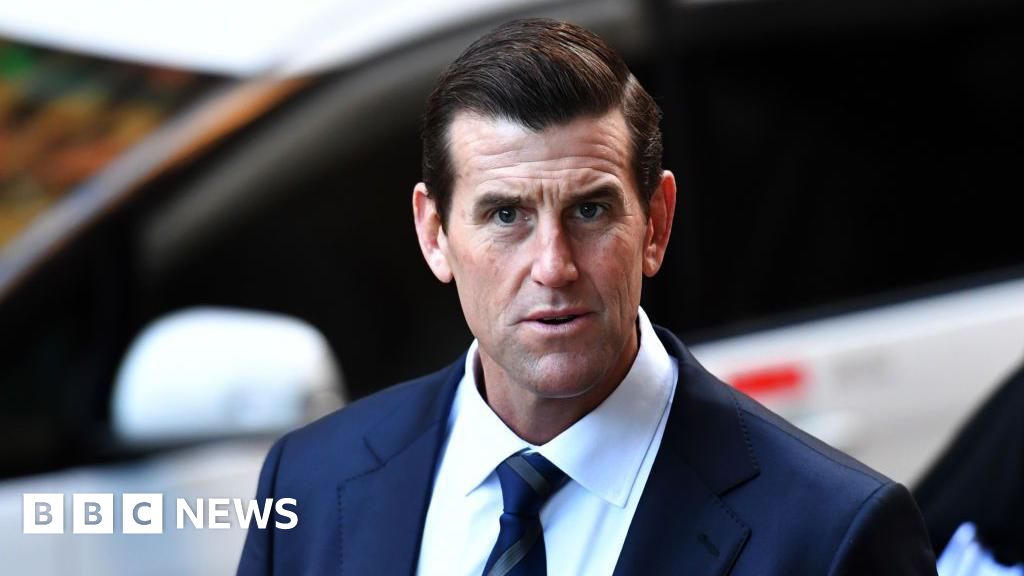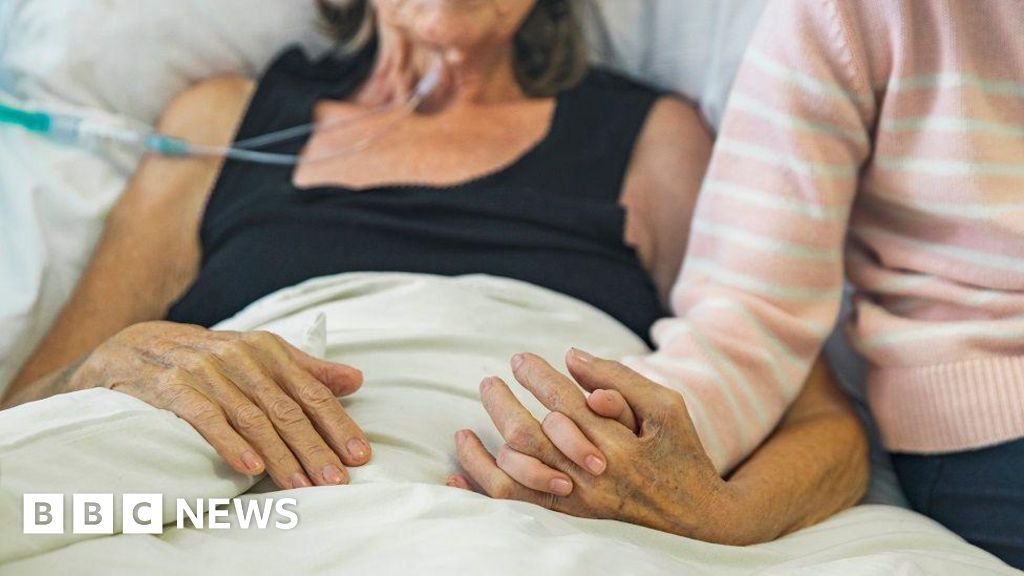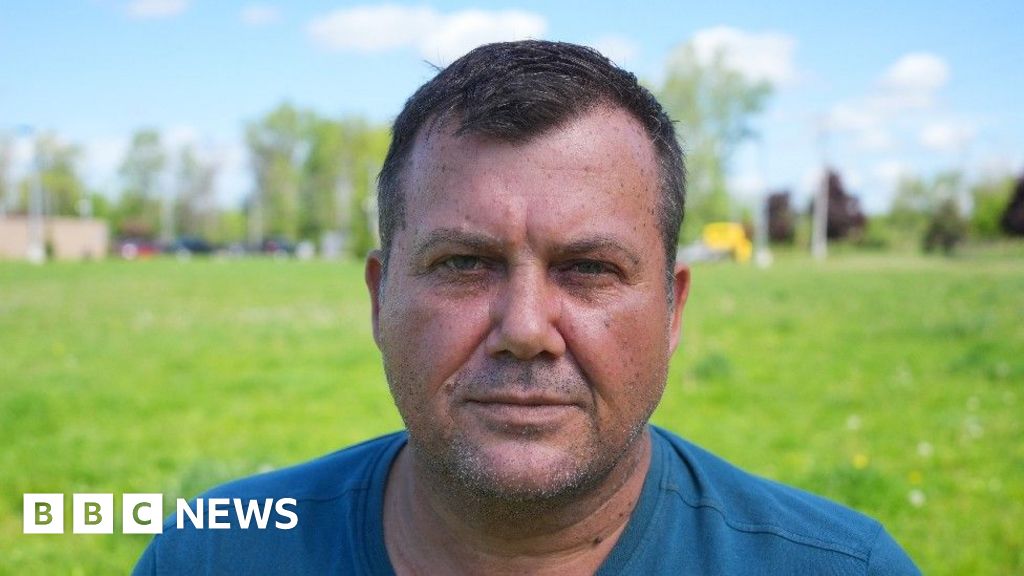Jack Fenwick
Political correspondent
More than 60,000 disabled households in England faced homelessness last year, an increase of nearly 75% since 2019, official figures show.
Analysis of government data by the homelessness charity Crisis also shows the amount of social housing given to disabled people has gone down.
The numbers are likely to add to unease in the Labour Party over planned cuts to disability benefits, with one MP warning the government against going "further and faster in the wrong direction."
A government spokesperson said £1bn was being given to councils this year to "support families faster and stop people becoming homeless in the first place"
Figures released last week show that 21% of households facing homelessness in the last three months of last year had some sort of physical ill health or disability.
Overall homelessness rose significantly in recent years, before peaking in early 2024, but these figures show that homelessness among households with a disability has risen faster.
Some 62,040 households with physical ill health and disability needs faced homelessness in 2023/24, compared with 35,860 in 2018/19.
Government data shows the number of social housing lettings given to households with a disability fell from 20% in 2022/23 to 16% in 2023/24.
A number of Labour MPs have expressed concern in recent weeks about cuts to welfare payments for pensioners and people with disabilities.
Labour MP Paula Barker, who co-chairs a cross-party group focused on homelessness, said that "certain people" in government "talk about going further and faster, but we need to go further and faster in the right direction, not the wrong direction".
She said the disability homelessness numbers were "hugely significant" and would have "a real detrimental and knock-on impact" when combined with the benefit changes.
In March, the government announced a major welfare shake-up to save money, including changes to a disability benefit called personal independence payment (Pip).
Barker added that the Treasury had "imposed a straightjacket" on the government.
She said there was a "deep-rooted Treasury orthodoxy from civil servants that has sadly fitted hand-in-glove with a chancellor who has been willing to go along with that".
During last year's general election, Sir Keir Starmer promised that a Labour government would bring forward a strategy "to put Britain back on track to ending homelessness".
Some Labour MPs have become increasingly concerned that 10 months on from the election, no such strategy has emerged.
"Having a permanent home is so important for your health," says Julie, who has severe osteoarthritis.
Two years ago, Julie and her teenage son spent five months in temporary accommodation in Oxfordshire.
This included staying in three hotels, one of which couldn't accommodate her mobility scooter in her room and another of which had no cooking facilities and no fridge.
"It was really difficult and it really affected my health," she says, "we couldn't cook, we were eating instant pasta. It was hard to get around in the old wheelchair I had at the time."
Julie says she developed type-2 diabetes during the time she was living in temporary accommodation.
Alex Bax, chief executive of homelessness and healthcare charity Pathway, says the "health service is too often unable to provide the care that people facing homelessness need".
He called on ministers to take "bold action to treat poor health and homelessness in the joined-up way that these figures show is so desperately needed".
Matt Downie, chief executive of Crisis, said ministers need to "provide renewed security and stability for people across the country" and called on the government to build 90,000 new social homes a year.
He said the figures on disability homelessness were "really concerning" and would lead to "more hardship, and more pressure on already overstretched councils".
A government spokesperson said ministers had inherited "a devastating housing crisis and a broken social care system".
They said they were providing £1bn "for crucial homelessness services this year" and "tackling the root causes" by building 1.5 million new homes in England.
A senior Treasury source said "the Labour government has invested an additional £40bn into our public services, including the NHS, and increased capital investment in our roads, rail and housing by more than £100bn".
.png)
 4 hours ago
2
4 hours ago
2

















































